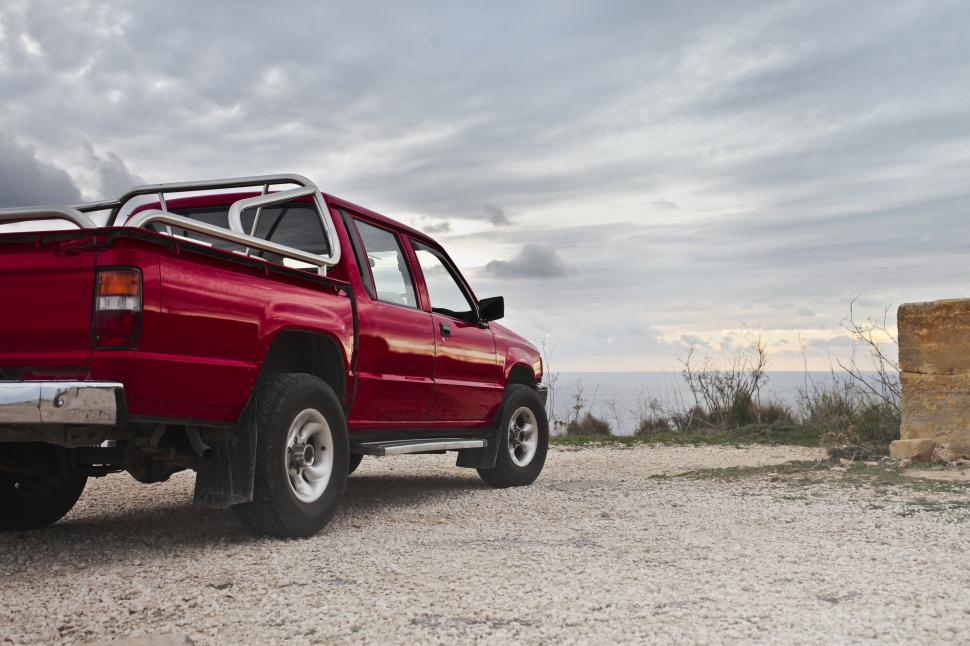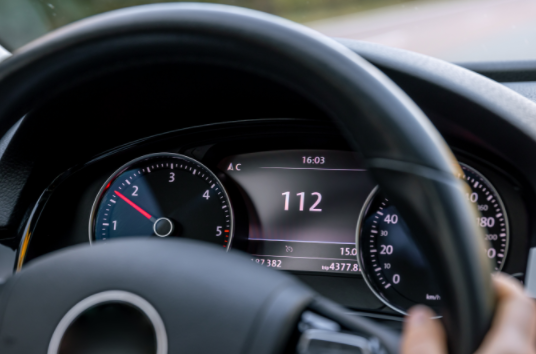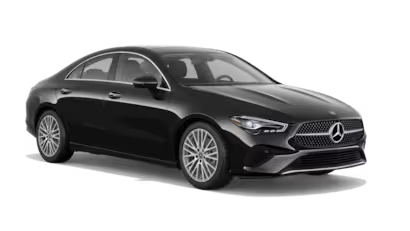On Monday 12 February 2024, HM Revenue & Customs (HMRC) updated its rules on how it taxes Double Cab Pick Ups (DCPUs) because of a court decision from 2020. The old rules said that from 1 July 2024, DCPUs weighing one tonne or more would be treated like cars, not goods vehicles, for tax reasons.
But after hearing from farmers and people in the motoring industry about how this change might affect them, the government decided to rethink. They realized that the new rules might not be good for businesses, especially those in farming and motoring.
So, HMRC has decided to go back to the old rules. This means that DCPUs will still be treated as goods vehicles, not cars, for tax purposes. The government plans to make this official by changing the law in the next Finance Bill.
Nigel Huddleston, who works for the Treasury, said: “We will change the law in the next Finance Bill to avoid any tax problems that could hurt farmers, van drivers, and the UK’s economy.”
This means that employers won't have to pay more tax when they provide these vehicles to their employees, and businesses won't lose tax benefits when they buy these vehicles for work.
HMRC removed these rules on Monday 19 February 2024. This change only affects DCPUs weighing one tonne or more. DCPUs weighing less than one tonne will still be treated like cars for tax purposes
https://www.gov.uk/government/news/update-on-hmrc-double-cab-pick-up-guidance
________________________ UPDATE _________________________
What does the reclassification of Pickup Trucks mean for your business?
Vehicle taxation in the United Kingdom is set to undergo significant changes, particularly for trucks and pickups. As of the 1st of July 2024, a new classification system will be implemented, impacting how these vehicles are taxed. This shift comes as the UK government seeks to address inconsistencies in the taxation of vehicles, particularly those used for both business and personal purposes.
One of the key changes is the classification of pickups as company cars rather than commercial vehicles. This alteration, announced by the government, aims to close a loophole that allowed some taxpayers to benefit from lower tax rates by using pickups for personal use under the guise of commercial activity.
Pickups have often been treated as commercial vehicles due to their design and functionality. However, with the rise in popularity of double-cab pickups, which offer both seating for passengers and cargo space, the distinction between commercial and personal use became blurred.
The British Vehicle Rental and Leasing Association (BVRLA) has been at the forefront of discussions surrounding this issue. They have argued that double-cab pickups should be classified as cars rather than vans due to their increasing use for personal transportation and the amenities they offer, such as comfortable interiors and advanced features.
The reclassification of pickups as company cars will have significant implications for businesses and individuals alike. For businesses that provide pickups to employees for both work and personal use, there will likely be an increase in tax liability. Employees who use pickups for personal use may see changes in the taxation of their benefits in kind.
This change could also affect vehicle leasing and purchasing decisions. Companies that rely heavily on pickups for their operations may need to reassess their fleet management strategies to account for the potential increase in tax costs. Similarly, individuals who use pickups for both work and personal purposes may need to reconsider their vehicle choices in light of the new tax implications.
The government's decision to reclassify pickups as company cars reflects a broader effort to modernize and streamline the tax system. By addressing inconsistencies in vehicle taxation, the government aims to ensure fairness and transparency while generating revenue to support public services and infrastructure.
Navigating the new tax rules might be tough for businesses and individuals. It's crucial for everyone involved to stay updated on the latest updates and get advice from professionals to grasp how these changes will affect them.
In summary, the upcoming tax changes for trucks and pickups in the UK mark a big shift in how they're categorized and taxed. Those impacted should carefully consider what this means for them and adapt their plans to avoid any negative consequences.

https://creativecommons.org/publicdomain/zero/1.0/










